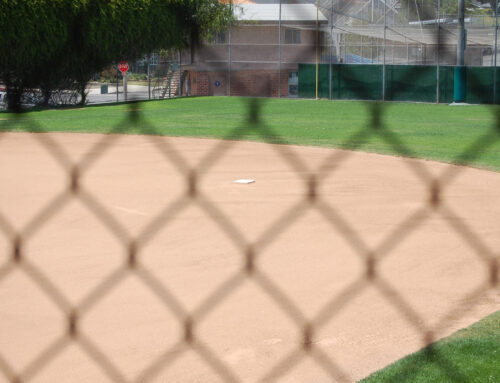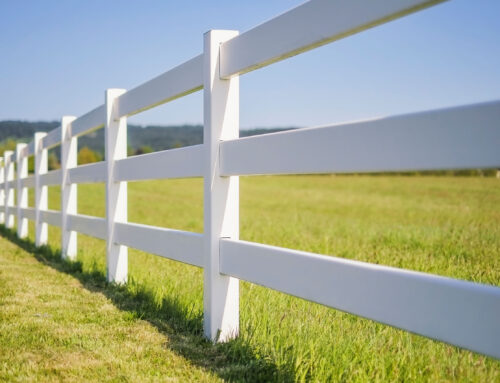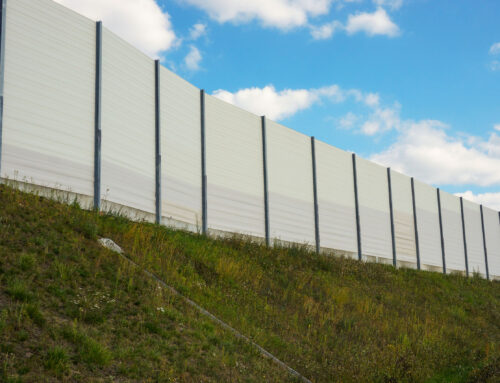When it comes to enhancing the aesthetics and security of your property, choosing the right fencing material is crucial. Vinyl has emerged as a popular choice of material for residential fences due to its blend of durability, low maintenance, and visual appeal. However, like any other option, vinyl fencing comes with its own set of advantages and drawbacks. Let’s delve into the pros and cons to help you make an informed decision.

Pros
1. Low Maintenance:
One of the most appealing aspects of vinyl fencing is its minimal maintenance requirements. Unlike wood, vinyl doesn’t require staining, painting, or regular treatments to maintain its appearance. A simple wash with soap and water occasionally is usually sufficient to keep it looking new.
2. Durability:
Vinyl fences are known for their durability. They are resistant to rot, rust, insects, and decay, making them ideal for areas with varying weather conditions. Vinyl doesn’t warp or splinter like wood and can withstand the elements for years without losing its structural integrity.
3. Variety of Styles:
Vinyl fencing offers a wide range of styles, colors, and textures, allowing homeowners to choose options that complement their property’s aesthetics. From traditional picket styles to fully enclosed privacy walls, the versatility of vinyl fencing makes it adaptable to different architectural styles.
4. Longevity:
When properly installed and maintained, vinyl fences can last significantly longer than many other types of fencing, sometimes up to 30 years or more. This longevity can make them a cost-effective choice in the long run, despite the higher initial cost.
5. Eco-Friendly Option:
Vinyl fencing is often made from recycled materials, making it an eco-friendly choice for environmentally conscious homeowners. Additionally, since it doesn’t require chemical treatments or regular maintenance, it reduces the environmental impact associated with other types of fences like wood or chain link.
Cons
1. Upfront Cost:
Compared to some other fencing materials, vinyl fencing has a higher upfront cost in its installation. However, as previously mentioned the durability and minimal maintenance costs over time may offset this initial investment.
2. Limited Repair Options:
While vinyl is durable, it can be challenging to repair if damaged. In cases of cracks or breaks, replacing entire sections might be necessary, which can be more complex and costly compared to repairing other types of fences.
3. Not Suitable for Extreme Conditions:
While more warp-resistant than wood, in extremely high temperatures vinyl fencing may expand and contract, potentially causing damage over time. Additionally, direct exposure to prolonged sunlight might cause fading or discoloration in certain types of vinyl.
4. Installation Challenges:
Proper installation is crucial for the longevity and stability of vinyl fences. Improper installation might result in issues such as a sagging fence line or instability, emphasizing the importance of hiring experienced professionals ;).
5. Limited Customization:
While there is a variety of styles available, the level of customization for vinyl fencing might be more limited when compared to materials like wood. Homeowners seeking highly specific designs or unconventional styles might find their options somewhat restricted.
Conclusion
In summary, vinyl fencing offers a plethora of benefits, including durability, low maintenance, and aesthetic appeal. However, it’s essential to weigh these advantages against the potential drawbacks such as higher initial costs and limited repair options. Ultimately, the decision to install vinyl fencing depends on your specific needs, preferences, and the environment in which the fence will be installed. Consulting with fencing professionals can help you navigate these factors and make an informed choice for your property. If you have any questions, feel free to drop us a line at 604-939-4671.




